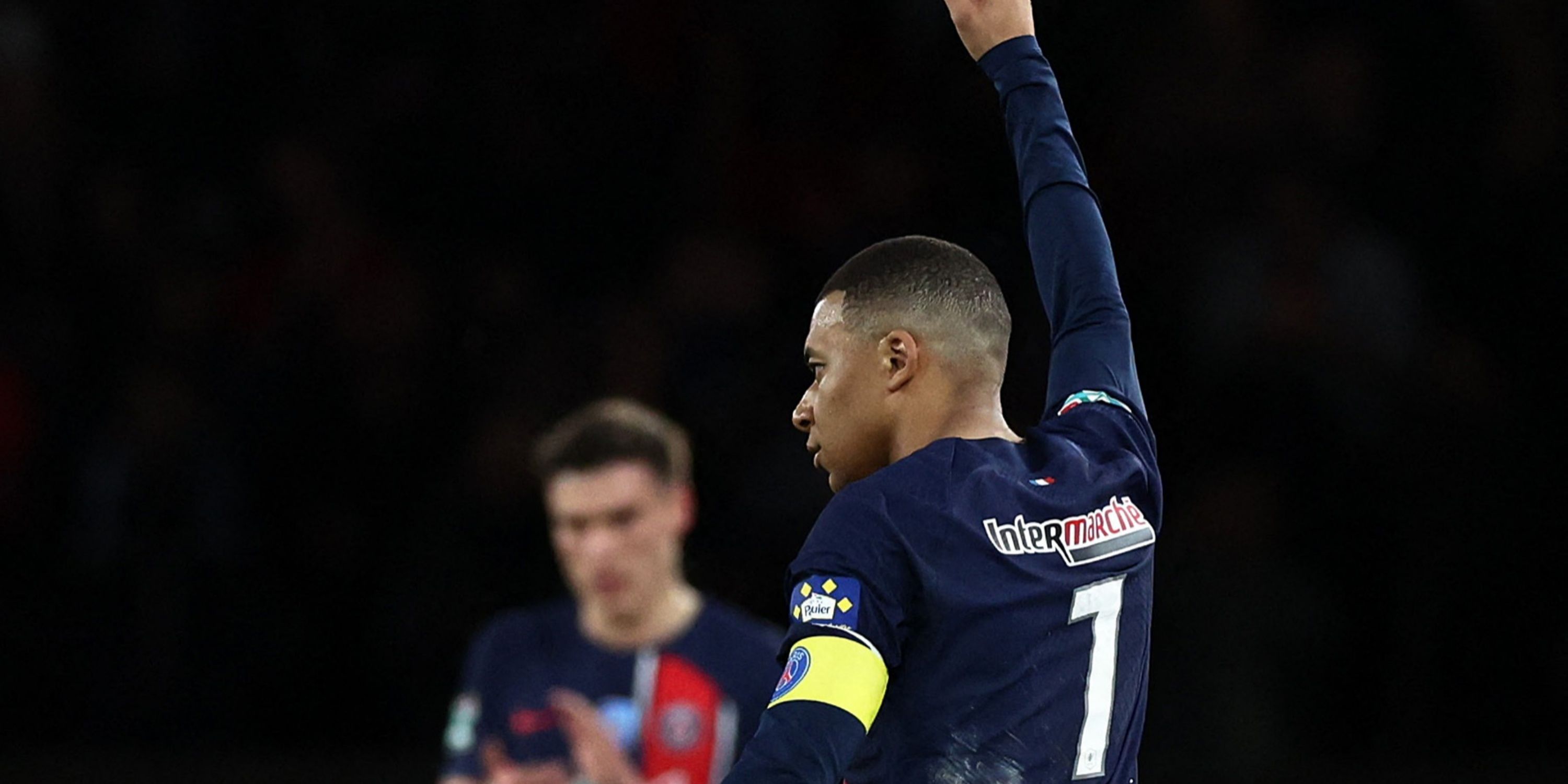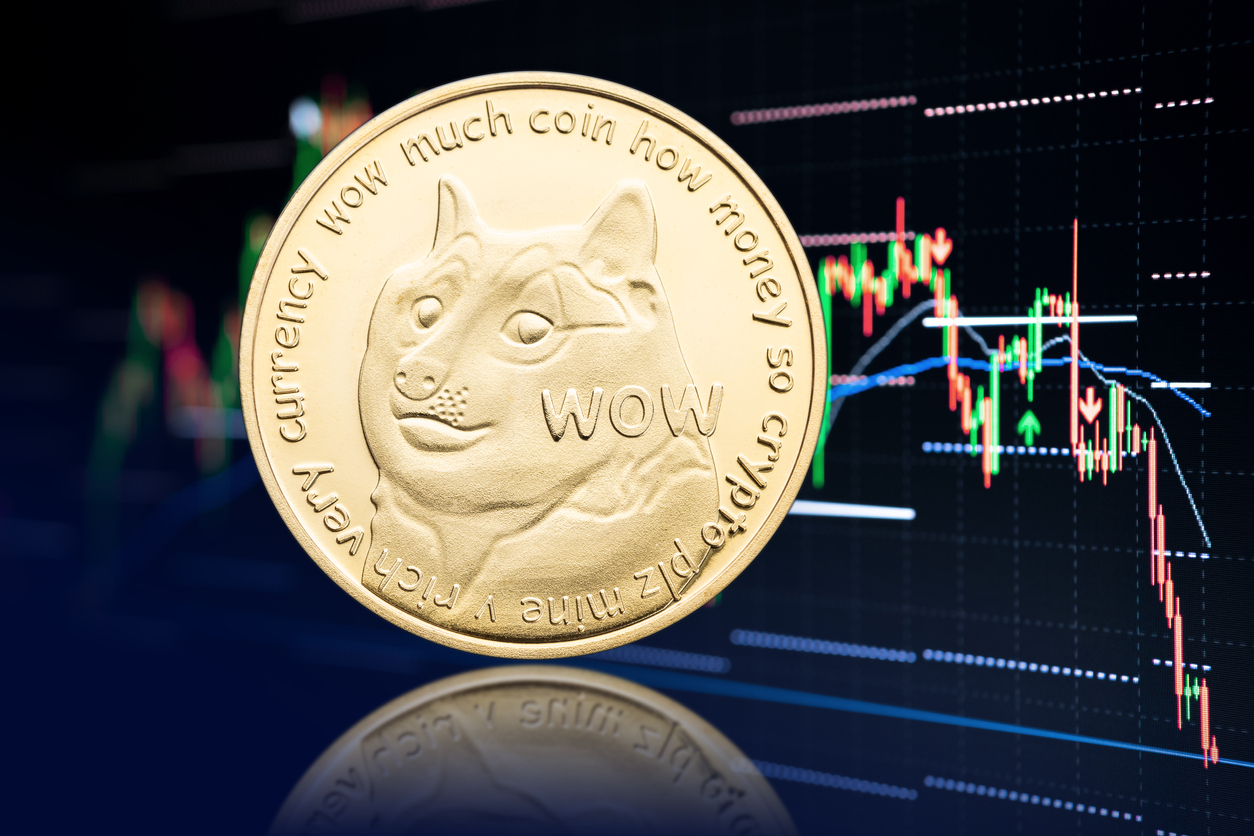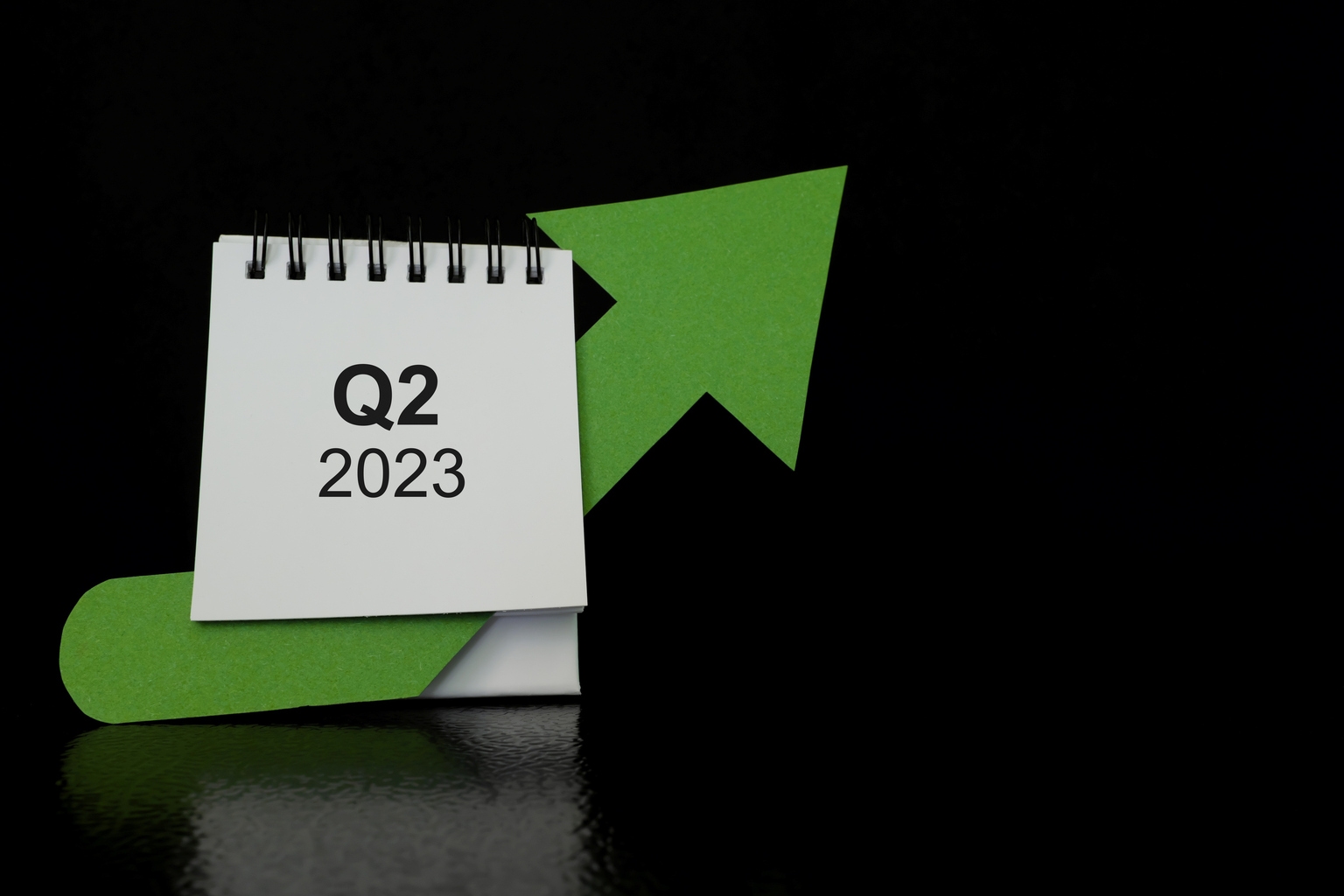© Reuters. FILE PHOTO: Jesper Brodin, CEO of Ingka Group, which owns most IKEA stores world-wide, attends the opening of an IKEA store in Nice, France, May 11, 2022. REUTERS/Eric Gaillard
By Anna Ringstrom and Marie Mannes
STOCKHOLM (Reuters) – Price cuts at IKEA as well as promotional campaigns which the budget furniture giant normally doesn’t do have boosted footfall and sales, the CEO of the company which owns most of its stores told Reuters, as it seeks to offset weak consumer confidence.
Cost inflation and recession fears are causing households to rein in spending and in November the IKEA brand owner Inter-Ikea said campaigns and lower prices on popular ranges to keep customers coming would be key this year.
Jesper Brodin, CEO of IKEA stores owner Ingka, said visitor numbers and sales volumes were up so far in the group’s fiscal year through August 2023.
“We are currently seeing growing visitor numbers and growing sales … It started late spring, summer, and has continued,” Brodin said, adding that current trading was better than feared.
“Part of the (increase) … has to do with inflationary impact on prices, but we are doing above index on quantity,” he said.
Resorting to promotion campaigns would hopefully be a temporary initiative, Brodin added. “They are not a new commercial strategy. My anticipation is that in a year or two we will (again) much more be looking at medium- and long-term investments in price.”
He declined to say whether prices on average were up or down so far in the current fiscal year, adding that pricing varied across markets and products.
Last fiscal year, IKEA raised prices to partly compensate for soaring supply costs, although it started lowering some prices towards the end of the period as stocks started filling up and supply chains recovered.
Some costs such as gas prices have started to decline as well, prompting some retailers to consider price cuts.
Brodin said Ingka was currently seeing no signs of weakening demand, or of any of its markets heading towards a deep recession this year.
He predicted supply levels would gradually keep normalising in coming months, after Ingka last year was not able to match demand due to the global supply chain crisis.
















